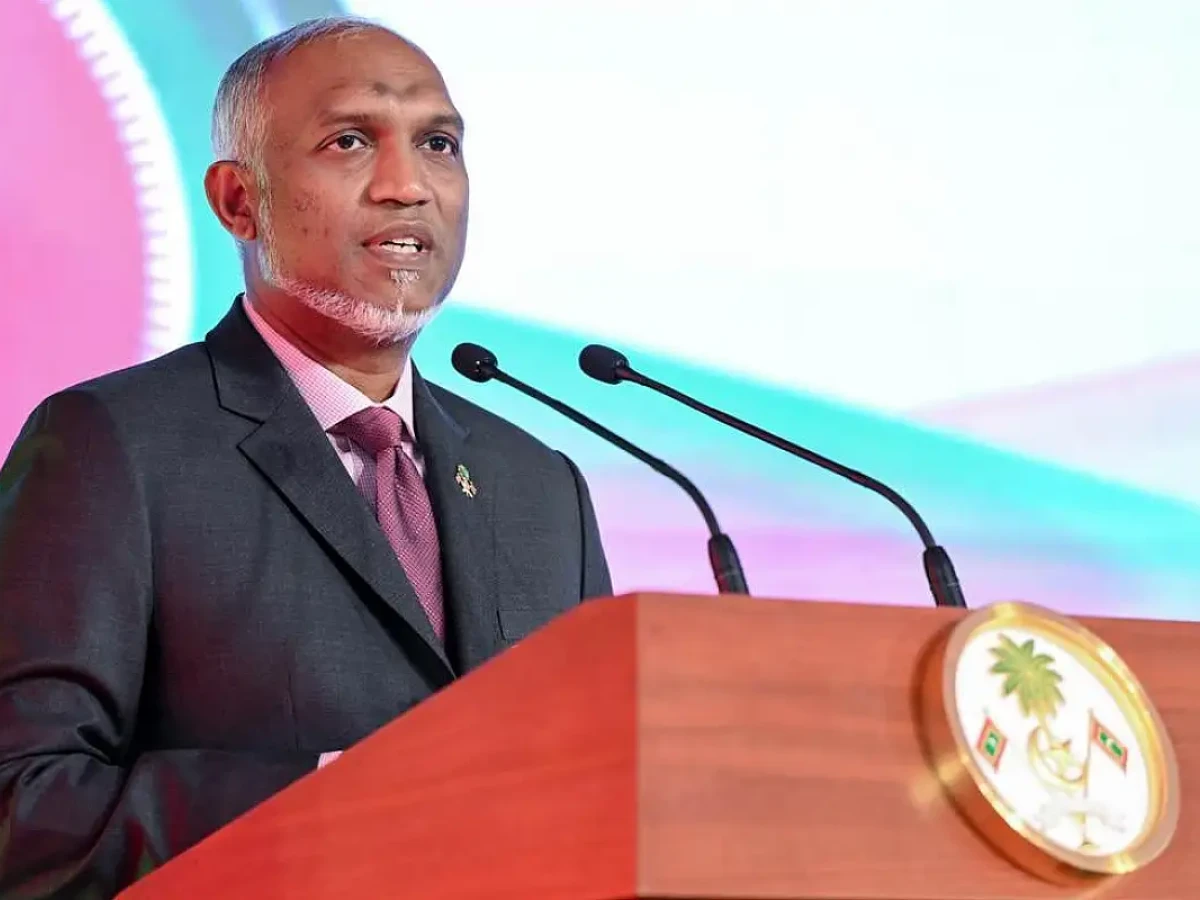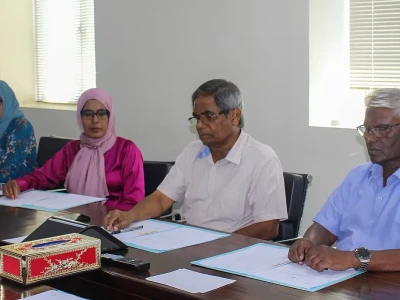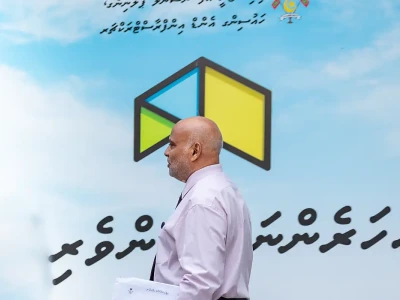
Urban centres designated as per manifesto, president says
President Muizzu responded to this by asserting that some political parties were making decisions without fully understanding or acknowledging the facts.
Top Stories
Government announced the identification of seven key urban centres as part of its Sustainable Regional Development Policy and as per the election manifesto, President Mohamed Muizzu said Saturday.
The Ministry of Housing, in a statement released on Saturday, revealed that seven islands have been designated as urban centres:
-
R. Ungoofaaru
-
B, Eydhafushi
-
Lh. Naifaru
-
ADh. Mahibadhoo
-
F. Nilandhoo
-
Dh. Kudahuvadhoo
-
L. Fonadhoo
These islands will receive priority attention in terms of infrastructure, service delivery, and economic development, which are expected to boost their role as regional hubs and improve the quality of life for their inhabitants.
While the announcement of the urban centres has sparked some criticism, particularly from political quarters, President Muizzu emphasised that the development strategy is driven by a long-term vision aimed at sustainable, inclusive growth.
The president took to ‘X’ (formerly Twitter) to outline the government's commitment to creating two integrated development zones: the Northern Integrated Development Zone and the Southern Integrated Development Zone.
These zones are expected to foster growth across the country's northernmost and southernmost provinces, respectively.
-
The Northern Integrated Development Zone will encompass Haa Alif Atoll, Haa Dhaalu Atoll, and Shaviyani Atoll, with Haa Dhaalu Kulhudhuffushi being the central hub.
-
The Southern Integrated Development Zone will cover Gaafu Alif Atoll, Gaafu Dhaalu Atoll, Fuvahmulah, and Addu, with Addu serving as the central hub for this zone.
In line with the president's vision, the government is working on a comprehensive development master plan that will chart the course for regional development over the next two decades. This master plan will be formulated with the active participation of the people, professionals, councils, and all relevant stakeholders, ensuring that local perspectives and expertise are integrated into the process.
"The opinions of the people from all islands will be sought," President Muizzu affirmed in his statement.
The plan will aim to address the unique needs of each region, balancing economic, social, and environmental factors to create a more sustainable and equitable future for the Maldives.
Despite the positive vision for regional development, the announcement has been met with criticism from various political groups. President Muizzu responded to this by asserting that some political parties were making decisions without fully understanding or acknowledging the facts. In his post, he urged politicians to take responsibility for their actions and refrain from exploiting issues for political gain.
"Without looking at the facts or knowing the facts, some politicians are responsible for what they do with the intention of gaining political advantage," he said, highlighting the importance of focusing on long-term national development rather than short-term political benefits.
As part of his manifesto, President Muizzu had promised the designation of urban centres and development zones across the Maldives. This includes several other key urban centres in the northern and southern parts of the country, such as Ungoofaaru, Nilandhoo, and Kudahuvadhoo, which were announced during his campaign.




